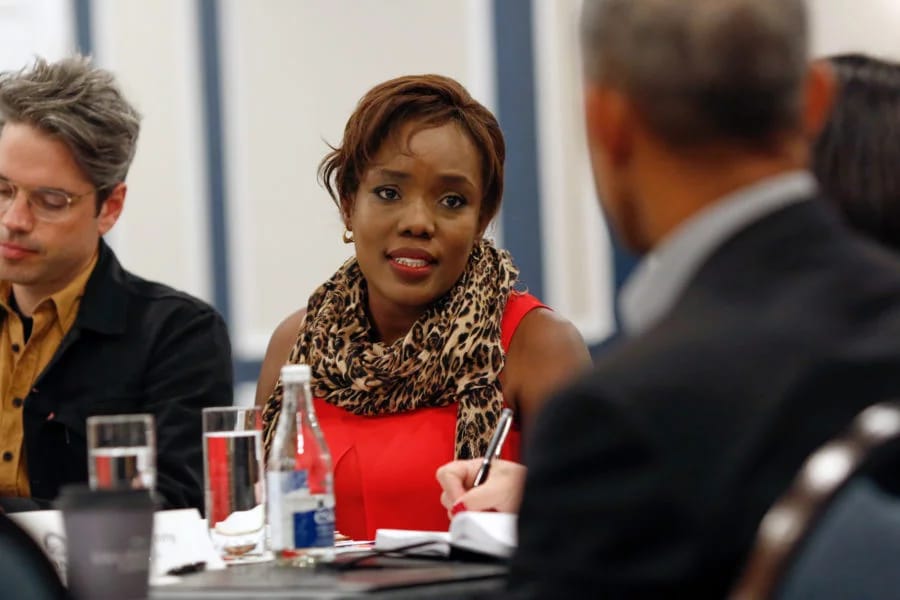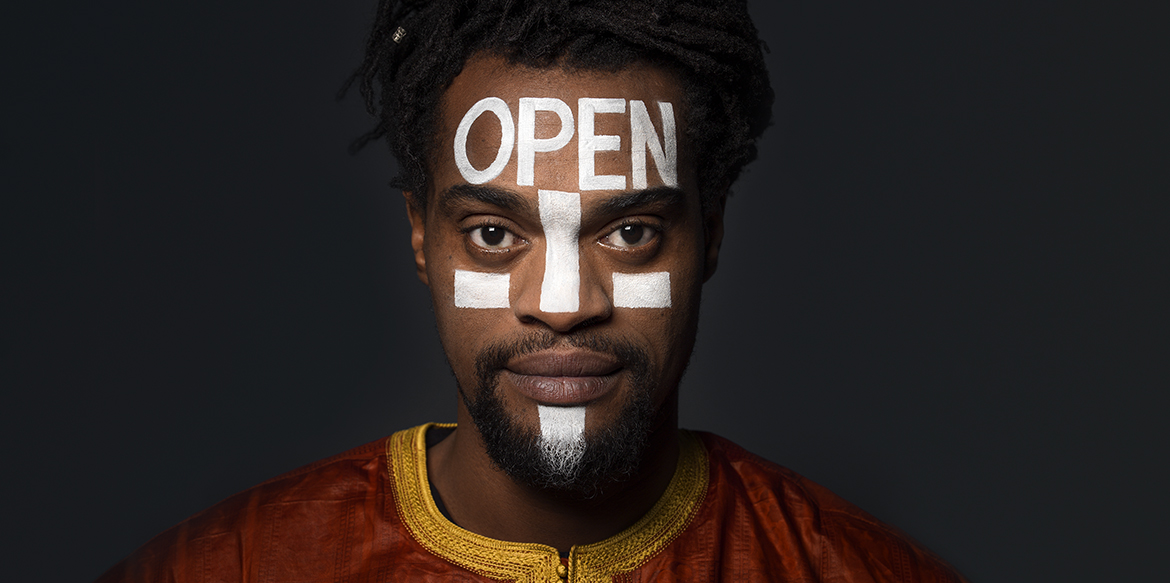It’s easier to be cynical
Blog by Stephanie Muchai, June 17, 2019
Global gatherings are always full of inspiration, diversity of ideas and experiences, just that reboot and eye opener every change maker needs. Active citizens from all over the world are always encouraged by shared challenges, inspired by others victories and reinvigorated by the reminder of global wide efforts alongside their local ones. The Open Government Partnership Summit (OGP) 2019 in Ottawa Canada held all this and more for change makers working in transparency, public accountability, innovation and citizen engagement. In everyday terms, we are trying to make sure all the various set national country goals and other responsibilities to citizens are met in an efficient, collaborative and open way.
Say your government has committed in one of its national goals to make sure that your community, town or city has all the medicines needed for residents. Persons that work towards open governments would be working in various ways including on making sure you are part of the assessment on what kind of drugs are being procured according to the prevalent needs. They would want to be sure that you receive the information you need to participate in an informed and meaningful way, making sure the information is simplified for you to understand.
On the sidelines of the Summit, was a great opportunity for 9 active citizens from Afghanistan, Argentina, Canada, Estonia, Kenya, Kyrgystan, Ukraine and the United Kingdom to have a sit downwith Active Citizen No. 44 – President Obama. As you might already know, President Obama is a community organizer at heart and intensified his efforts to mobilizing a global community as the 44th President of the United States. Those kinds of lessons are invaluable to any active citizen working at whatever scope. There are so many great insights I came away with, here are just a few.

Meet People’s Need
The processes and lingo of change are very unfamiliar to anyone not working in the area that you are. They may not even understand what it is you do. If you ask most change makers, even their families aren’t exactly clear what they do. They’re just glad you have a job. Give people you’re working on behalf something they can use in what matters to them. And that they can very specifically focus on. Translate what you do into how people can get textbooks into schools for example. People understand stories, not data. Help people to use information and data for their needs.
Support Decision Making based on Facts
The underbelly of all our efforts must support people to seek, receive and impart information through the media of their choice. There are of course justified limitations to this. However, if people are not making informed decisions, and the basis of their information is skewed, we’re in trouble. A subtle undermining of true and factual information can be much more harmful than overt repression.
Identify the Real Problem
Is it corruption, or inefficiency? Media reports billions in losses of taxpayers’ money or failure to account. Immediately your mind gets on high gear on the scourge corruption is to your country. Find out what part of this is stemming from outright corruption, reporting inefficiencies, poor data collection practices or systems, perhaps even internal sabotage politics – and so forth. My ‘now’ personal imagery to help with this is stacked babushka dolls. Until you unpack that last nested doll, your efforts will not be addressing the real issues.
Win Over the Winnable
Reality check, not everybody is ‘winnable.’ That is, not everyone will be won over by your great ideas. Accept that these are ‘un-winnable.’ So start by identifying ‘winnable’ individuals in your working ecosystem of change who identity with your approach and engage them on your issue. Not only are you spending your time and energy more effectively, but you are maximizing opportunities to achieve change. If you have a strategy to win over the ‘un-winnable,’ it’s worth a try. Go for it.
Consider the Tough Realities
Countries are achieving your promised goals without following the critical path you are proposing. What does that mean for your belief in what you are advocating for, and its fundamental nature? It means you settle in as a visionary, for the long term performance of governments underpinned in dignity, shared power, transparency and accountability to citizens. Do not focus on the short terms gains of efficiency.
What are some of the personal lessons from my own journey? Meet people where they are at. Don’t oversell. Encourage others to give themselves permission to hope. Be deliberate about being accessible. Allow others to walk their own journey of transformation, don’t be too prescriptive. An authentic, individual transformation journey is sustainable, effective and replicates.
Adopt the mindset that change making is not for others, it is for you.
It’s easier to be cynical, to accept that change isn’t possible, and politics is hopeless, and to believe that our choices and actions don’t matter. But if we give up now, we forsake a better future.
Barack Obama





